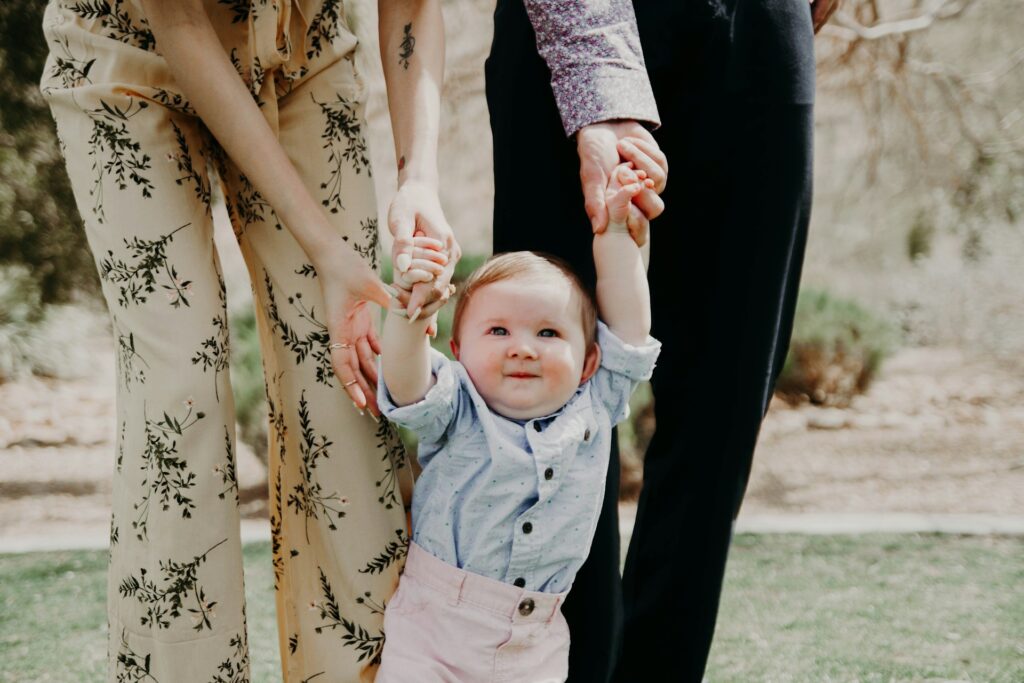







Watch: What will I need and what will it cost?
The entire process may take a few months. As with any business, there are costs involved in becoming a registered childminder. There are no grants available to help with start up costs, but keep receipts for all that you spend as you will be able to add them as expenses for tax purposes once you are registered.
If you register with a childminding agency, they will determine their own costs.
Cost: £35.00 or £103.00 depending on which registers you join
For each person over 16 who lives or works in your home.
Cost: £48 per person
Ofsted strongly recommend that each person also signs up for the DBS Update Service which will allow future employers to check the persons DBS status without them having to undergo more DBS checks.
Annual fee: £13
Needs to be in place before you can apply to Ofsted.
Approximate cost: £100
Meeting the requirements of the EYFS and equipping you to start your own childminding business.
Cost: £175 (Childminding UK Online Childminder Introductory Training course)
Has to be in place as soon as you register even if you don’t have minded children. Childminding UK works closely with Morton Michel who offer a comprehensive policy for childminders.
Cost: £59.50 (discounted by £6.55 for Childminding UK members)
Some companies charge additional premiums to include business use or contents cover if you are childminding.
Cost: Varies
Fire detection and control equipment such as a fire blanket and at least one smoke alarm on each floor of your home and appropriate first aid kit(s) must be provided.
Cost: Varies
GP fee for Health Declaration form.
Cost: Varies greatly as each surgery decides their own fees
Costs will vary depending on your individual circumstances and what you have already.
Cost: Varies
Extra child car seats, double buggy or travel cot etc.
Cost: Varies
Improvements to house and garden to ensure safety (e.g. repair existing fencing in garden).
Cost: Varies
You may choose to purchase some childminding resources such as policies and procedures.
Cost: Varies
Ofsted may also recommend some other actions that you need to take before they will register you which may cost you money.
Cost: Varies
Childminders care for children on domestic premises. This is in someone’s home (usually the childminder’s own home) but it can be someone else’s home. It is not usually the home of one of the children. As such you must ensure you’ll be allowed to operate your business from your home prior to registering.
If you live in rented accomodation you need to check the terms of your agreement to see if you are allowed to operate a childminding business from home. You will certainly need your landlords/leaseholders written permission.
There may be a clause in the agreement that states you can't operate a business from the house, but the landlord/leasholder can change this if they choose to.
A conversation explaining the registration requirements and risk assessment alongside what insurances are in place can help a landlord/leaseholder see that there isn’t a huge increased risk to allowing a person to childmind from the property. It is recommended that you discuss this directly with the landlord/leaseholder and not their agent.
There is tenants insurance for fixtures and fittings that a childminder can purchase to help reassure a landlord/leasholder their property is covered by insurance and allay any fears about extra damage to the property.
If you are allowed to childmind from the property expect to provide any extra safety equipment needed (fire blanket, stair gates) yourself and make good any fixing or holes made as a result before you move out.
If the landlord/leaseholder still insists you can't childmind from their property, there is nothing else you can do as it is their choice whether they allow childminding or not.
Download our template for writing a letter to your landlord
If there is a mortgage on the property, there may be a clause that says a business can’t be run from the property, but childminding businesses are often looked at slightly differently to any other business and may excluded from this.
Any childminder who completes registration between 15 March 2023 and 31 March 2025 is eligible to claim a £600 start-up grant.
You must be a registered childminder before you apply.
It depends on how old the qualification is and what training you’ve completed since.
Courses completed since 2008 will have included the EYFS. Safeguarding Training needs completing every 2 years. Some qualifications do not include specific childminding business information (such as tax and insurance information, interviewing with parents, balancing the needs of your family and your childminding, marketing your business) as they are for the general childcare workforce.
You could consider completing the individual modules you’re missing rather than the entire course.
Childminders can care for no more than 6 children under 8 years old. These numbers include a childminders own children and any children they are responsible for (such as foster children). Of the six only three can be younger than 5* and only one can be under a year old.
Watch: How many children can I look after?
Occasionally variations to the numbers are allowed. For example if caring for twin babies. But the total number of minded children under 8 years cannot exceed the legal limit of 6. Additionally you may look after up to 6 children under 5 years old provided 3 of them only attend before or after school or during the holidays.
*up until 31st August following their 5th Birthday


